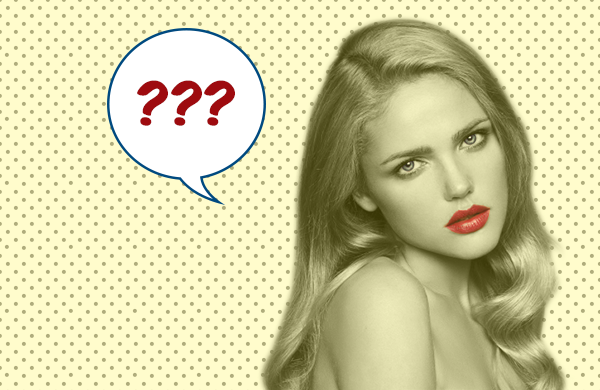
For many people, coloring their hair becomes such an ingrained part of their beauty routine, they don’t even stop to think about it anymore. Though most of us are doing it to look better, it can get to a point where it just makes everything worse. Whether you’re thinking about growing out gray hair or taking a break from breakage-inducing highlights, there can definitely be upsides to putting down the color.
We talked to two stylists about why you might want to stop and the best ways to go about it.
You’re dropping color because you want to embrace your grays.
If trying to hide the grays that pop up is starting to feel like a losing game of whack-a-mole, then you might want to consider, well, not hiding them.
“A woman with silvery gray hair that lays smooth naturally … would most likely look wonderful all gray,” said Terra Therapos, a colorist at Chicago’s award-winning Circle Salon. “Trying to cover [gray hair] with what was once her natural shade of brunette might also look great, but why cover up beautiful hair?”
This doesn’t mean you have to quit color cold turkey. Stylist Abby Mazer suggests transitioning with lowlights, which help camouflage outgrowth and prevent “two-tone hair.” (This could also be a long-term option for someone who just wants to show some gray.)
You’re dropping color because your hair is overprocessed.
There’s no avoiding the fact that over time, too much color—especially with blondes—can damage the hair. “If what you are asking to have done or doing yourself at home is causing your hair to break off, then yes, you need a new look or a different way of getting there,” Terra said. “The point of being creative with your hair is to enhance your look, right? Dry, dull, brittle hair that breaks off each month [is a] reason to maybe rethink dyeing your hair.”
If this is you, don’t be offended if your stylist straight-up says so. “I would tell [my client], ‘You need to take a break or you’re gonna end up carrying your hair home in a baggie,’” Abby said. “And please don’t go to another salon, because they might tell you your hair is fine and color it anyway, and you’re gonna come back here crying.
“Then we’re gonna have to do what we said we were gonna do in the first place, and you’re just gonna have to wait longer to get your hair back to a better place.”
Her litmus test? If your hair feels like cotton candy, it’s time to take a break.
You’re dropping color because you’re taking certain medications.
“I don’t think you ever have to stop coloring your hair forever, unless there was a medical issue of some kind,” Abby said.
If you decide to give up color, use the extra money to invest in good products.It’s been shown that various medications can inhibit the hair’s ability to absorb dye, including chemotherapy and drugs taken for thyroid or hormonal issues. A scrupulous stylist would level with a client to let them know whether their hair will be receptive to coloring. “I wouldn’t want someone to waste their money,” Abby said. “I always try to be honest with clients. I’d want someone to be honest with me.”
If you decide to give up color, use the extra money to invest in good products.
Gray or overprocessed hair tends to be coarse or brittle, so both Terra and Abby recommend products such as deep conditioners, shine sprays, and blowout creams. And don’t skip the salon just because you’re ditching color—regular haircuts and moisturizing treatments are more important now than ever.
That might sound high maintenance, but Abby sees hair as our most worthwhile beauty investment. “If you have a cashmere sweater, you bring it to the cleaners. You don’t throw it in the wash. Because you treasure it, you love it, you spent a lot of money on it,” she said. “Dude, you wear your hair every day. You shouldn’t treat it worse than a sweater.”
Illustration by Kelly MacDowell, Groupon